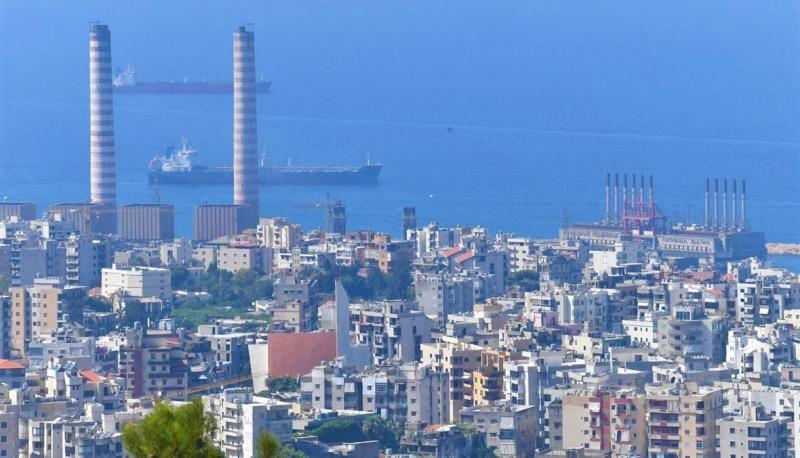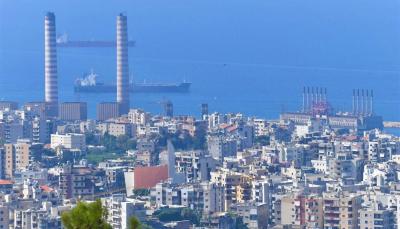The Central Bank of Lebanon will not guarantee the financing of the Lebanese state in the tenders for purchasing fuel for Electricité du Liban without "guarantees" ratified by the Parliament that compel Electricité du Liban to repay the funds it receives. The financing risks are numerous, necessitating the provision of "legal coverage" for the Central Bank. The legislative guarantees requested by the central bank are merely a protection against any potential accountability in the future, considering that its reserves are mandatory and belong to depositors. It is known that any funding outside the budget requires legislation, and outside this framework, funds cannot be secured for purchasing fuel for Electricité du Liban.
MP Yassine Jaber, during his conversation with "Nidaa Al-Watan," noted that "the current problem regarding electricity lies in the absence of reforms and the restructuring of the sector. Therefore, merely raising electricity tariffs may not be sufficient to secure financing for purchasing fuel, and consequently, the request will be made for the Central Bank to cover the required amounts."
The risks, according to Jaber, arise from the losses incurred by the electricity network and poor revenue collection, especially since service providers have not succeeded in the collection process. He pointed out that this sector has wasted billions of dollars and should not waste more without initiating reforms. He stressed that "the electricity sector requires a new 'approach' through the implementation of Electricity Law No. 462/2002, which outlines the rules, principles, and foundations governing the electricity sector, and the appointment of a regulatory authority as stipulated in the law. It should be noted that this demand is no longer a local issue but has become international, as required by the World Bank and the International Monetary Fund."
Thus, the financing risks stem from supplying the state with foreign currency for purchasing fuel without an approved treasury advance in Parliament and not included in the budget. Based on these data, if the advance is not included in the budget, and the budget becomes effective as anticipated, there arises a need for legal text to legislate granting the advance to Electricité du Liban from the Central Bank. This leads to the following question: Is the Parliament, which has become an electoral legislative body, entitled to legislate?
According to the Lebanese Constitution, the Parliament that has transformed into an electoral body cannot legislatively enact laws, although some MPs resort to interpretation and believe that the current Parliament is entitled to legislate, which raises a new issue regarding opening financing credits for purchasing fuel!




